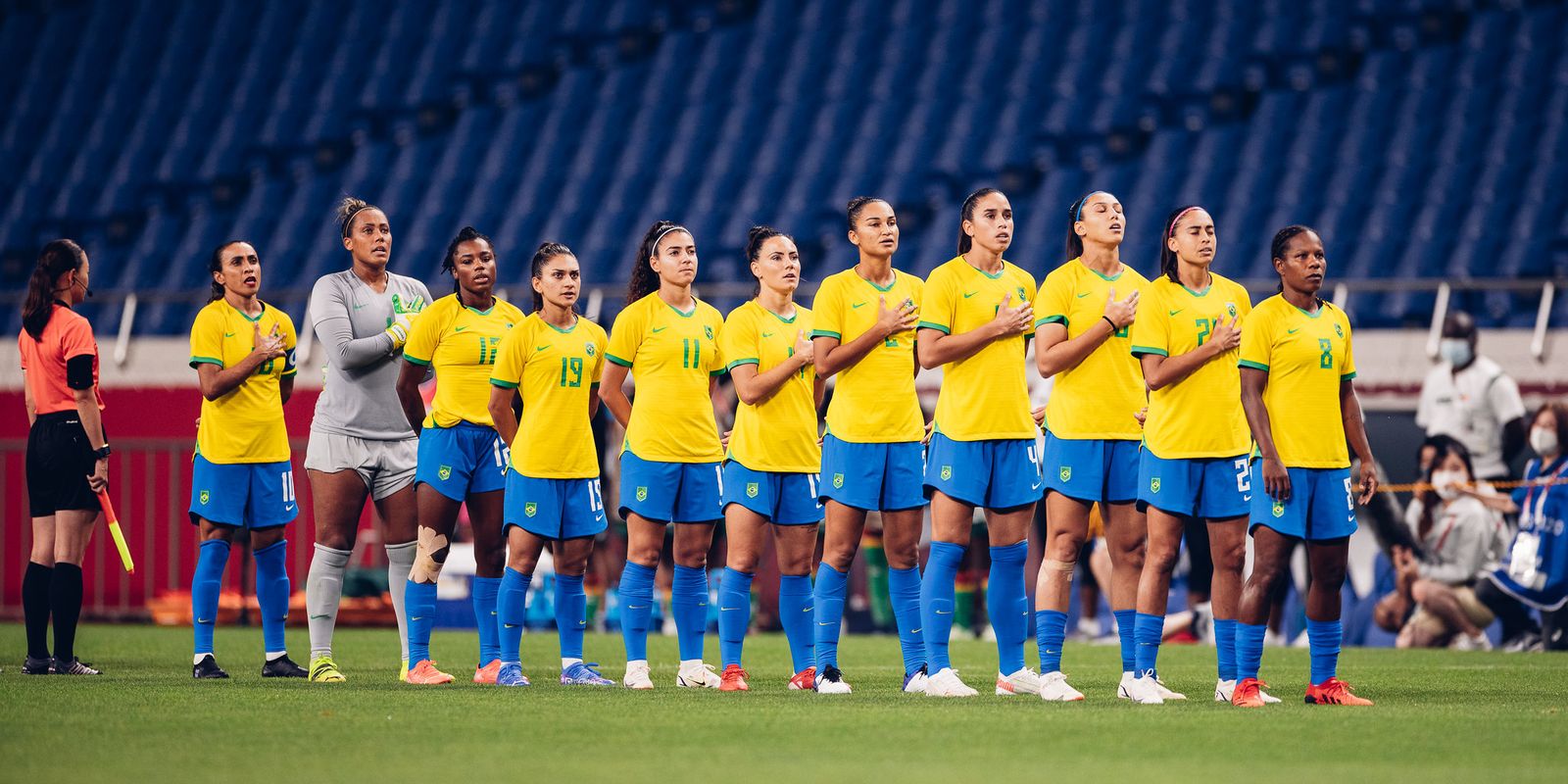In May 2-8Sala Redenção presents the exhibition “Every corner, a story – Part 2”, continuing the journey through cinematography produced in the context of indigenous peoples from various parts of the world. In its first part, in April, the exhibition offered a trip to Canada, the United States, Nepal, Australia and Brazil. Now, in Part 2, the program revisits Canada and Nepal, but also connects audiences with films from New Zealand and Norway.
Direct from Canada, the films “Atanarjuat, the fastest runner” (2001) and “Maliglutit” (2016), by director Zacharias Kunuk, are about the Inuit people, who live in the Arctic zone of the country. day May 4, Thursday, at 7 p.m.the display of “Maglitut” will be followed by a debate with film critics Carla Oliveira and Sérgio Alpendre, who will discuss the relationship between these two productions by the Canadian director.
Passing through New Zealand, the program shows the documentary “Patu! (1983), by Merata Mita. The director, from the Maori people, was not only the first indigenous woman, but also the first woman to direct a feature film in the country. The journey of “Cada Canto, Uma História – Parte 2” ends in Norway, presenting the film “Desbravador” (1987), by director Nils Gaup, of the Sami people. The film received wide recognition, being nominated for an Academy Award for Best Foreign Language Film in 1988.
“Cada Canto, Uma História – Parte 2” provides daily screenings (except weekends), at 4 p.m. and 7 p.m.with FREE ENTRANCE It is open to the general community. Sala Redenção is located in the central campus of UFRGS, with closer access via Rua Eng. Luiz Englert, 333 years old.
The show is produced by UFRGS cinema in partnership with the project movie theaterthe canadian distributor vtape and the New Zealand Audiovisual Archive Sound and Vision Ngā Taonga.
————————
Read the curator’s text and discover the schedule below!
EVERY CORNER, A STORY – PART 2
To complete the journey through films made in the contexts of peoples from different parts of the world, which began in April, Sala Redenção receives between May 2 and May 8 to taste Every corner, a story – Part 2. Still bringing productions from Canada and Nepal, but with new thematic approaches and landscapes, in addition to works from New Zealand and Norway. The cycle again has a partnership with the project movie theaterin addition to the Canadian distributor vtape and audiovisual archives Sound and Vision Ngā Taongafrom New Zealand.
Starting with Nepal, where we have seen the success Numafungwe will now show another film of the Limbu people, Keba Kokma: the mute mountainfrom 2016, again provided by the movie theater. The film, directed by indigenous filmmaker Randir Limbu, depicts traditional conflicts from the perspective of an ordinary family, whose father and son clash with the other inhabitants of their village. The feature film illustrates very well a type of cinema made by indigenous filmmakers, who, even with low means, manage to trace a fictional narrative very close to the reality they record, focusing on the daily conflicts of their characters. .
Back in Canada, this time in partnership with vtape, we will focus on the Inuit people, located in the Arctic zone of the country, with communities also in Alaska and Greenland. We present two feature films of more epic proportions, from Zacharias Kunuk, an Inuit filmmaker who became world famous after the release of Atanarjuat, the fastest runner at the 2001 Cannes Film Festival, where it was awarded. The film, shot in the arctic cold, follows the misunderstandings between two families and is inspired by an ancient Inuktitut legend, maintained by the oral tradition of its people. In the cycle, there is also another film by the director, made with Natar Ungalaaq, Maliglutitthis time inspired by John Ford’s western, Paths of Hatred. This time, the rescue trip takes place from the point of view of the natives, and on May 4, the session followed by a debate with film critics, Carla Oliveira and Sérgio Alpendre, will reflect on the relationship between the two films.
To represent the Maori of New Zealand, we exhibit in partnership with Ngā Taonga Sound & Vision, the documentary Patoo!, by Merata Mita, in a digitally restored copy. The filmmaker was not only the first indigenous person to direct a feature film in the country, but also the first woman, making Mita a big name in New Zealand cinema. In this film, which is one of her major works, the filmmaker documents the protests that swept the country in the early 1980s, in which people took to the streets against apartheid, provoking a violent backlash from the police. This remarkable moment is fully recorded by Mita, in the events, resulting in a hard-hitting work on state repression against collective demands.
The circle is complete, the classic of Norwegian cinema Scout, directed by filmmaker Sami Nils Gaup. The film, which won over audiences around the world, including being nominated for the Oscar for best foreign language film in 1988, is an intense adventure also inspired by an indigenous legend and also set in frozen landscapes, but in this case, in northern Europe. All spoken in the Sami dialect, the feature film helped bring the debate about production made by indigenous peoples to the international circuit, being one of the works that led to the so-called “fourth cinema”, a growing wave of indigenous productions around the world.
Through these films, we can visualize other types of indigenous productions that have emerged in other contexts, with different resources and purposes, seeking to expand at least a little our expectations about these films and their impact, especially if we have as a parameter the cinema of the indigenous peoples of Brazil, always in search of a greater space of visibility. Come and find out, at Sala Redenção, on the central campus of the UFRGS, with free programming from Monday to Friday.
Victor Souza
Sala Redenção scholarship holder.
————————
CALENDAR
ATANARJUAT, THE FASTEST RUNNER
(dir. Zacharias Kunuk | Canada | Drama | 2001 | 172 min | courtesy of VTape)
The offspring of the Tulimaq include Amaqjuag the strong and Atanarjuat the quick. The two cause the envy of Oki, son of the Sauri, since they are superior to him in the skills needed for hunting. Taken by the envy and jealousy of the young Atuat, who falls in love with Atanarjuat, Oki thirsts for revenge and plots the death of his rival.
May 02 | tuesday | 7 p.m.
May 4 | Thursday | 4 p.m.
MALIGLUTITIS
(dir. Zacharias Kunuk, Natar Ungalaaq | Canada | Drama | 2016 | 94 min | courtesy of VTape)
Inspired by Trails of Hate, by John Ford, the feature film portrays the Canadian Arctic in 1913, where Kuanana, returning from a hunt, must pursue his wife and daughter who have been kidnapped. During this journey, the protagonist will swear to punish the men who did it.
May 03 | wednesday | 4 p.m.
May 4 | Thursday | 7 p.m. – debate with film critics Carla Oliveira and Sérgio Alpendre
PATU!
(dir. Merata Mita | New Zealand | Documentary | 1983 | 112 min | courtesy of Ngā Taonga Sound & Vision)
Patoo! chronicles the mass civil disobedience that took place across New Zealand during the winter of 1981 in protest against South African apartheid. Sports fields and suburban streets have become battlegrounds, the film tells visceral images of mass protests facing police brutality.
May 03 | wednesday | 7 p.m.
May 05 | friday | 4 p.m.
TRACKER
(dir. Nils Gaup | Norway | Drama | 1987 | 86 min)
After escaping an attack from an enemy group, the young hunter Aijin finds refuge in the nearby village, however, his tracks will force the enemies to find his position. Aijun will have to use all his knowledge to win this hunt.
May 05 | friday | 7 p.m.
May 08 | monday | 4 p.m.
*By: SDC/UFRGS
*Image: Desbravador (1987)/Reading

“Evil pop culture fanatic. Extreme bacon geek. Food junkie. Thinker. Hipster-friendly travel nerd. Coffee buff.”






:strip_icc()/i.s3.glbimg.com/v1/AUTH_da025474c0c44edd99332dddb09cabe8/internal_photos/bs/2024/x/2/N6XJkFRYWxJY6hAeUEtw/betty2.png)
